EasyJet: Revolutionizing Low-Cost Air Travel in Europe
Discover how EasyJet revolutionized low-cost air travel in Europe with efficiency, innovation, and sustainability. Explore its history, business model, and future plans in this detailed guide.
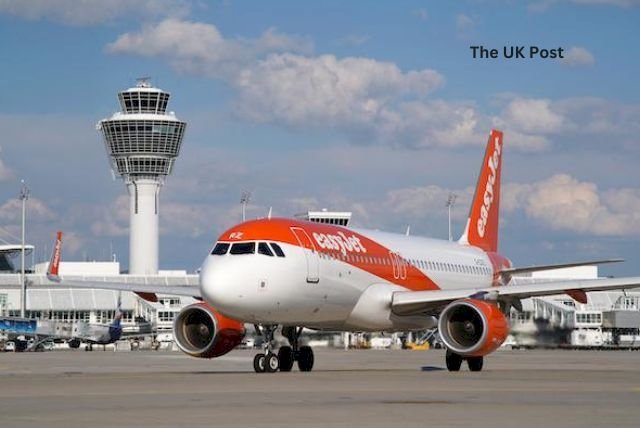
EasyJet has become a household name in Europe, offering affordable and convenient travel options across the continent. Founded in 1995, this low-cost carrier quickly established itself as a leader in budget air travel, catering to millions of passengers each year. With its signature orange planes and an extensive network, EasyJet has transformed the way people think about flying. This article explores the key aspects of EasyJet, from its history to its innovative strategies, and what makes it a popular choice for travelers today.
The Birth of EasyJet: A Budget Airline for the People
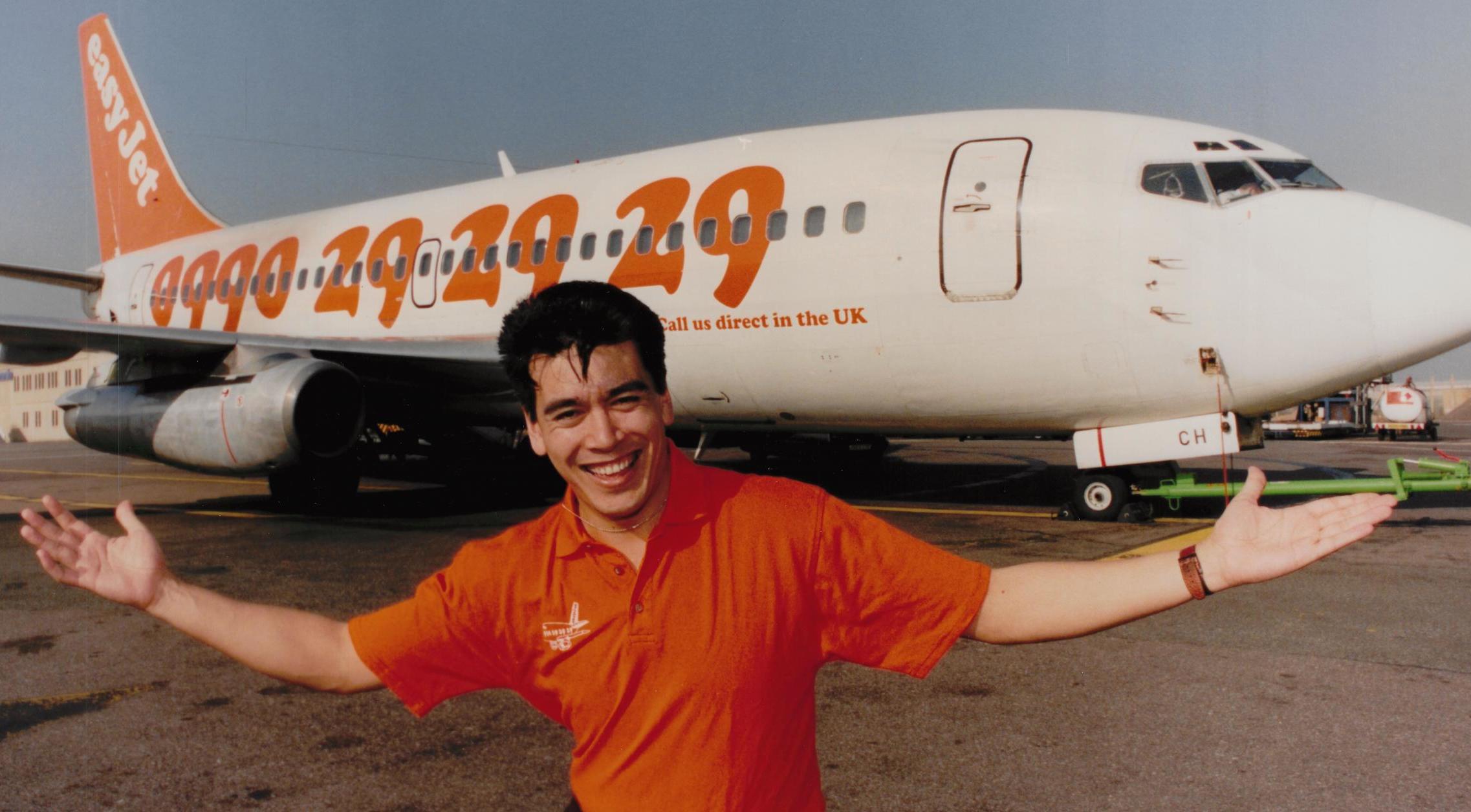
Image source: independent.co.uk
EasyJet was founded by Stelios Haji-Ioannou in 1995 with a simple yet bold vision: to make air travel affordable for everyone. The company started with just two leased Boeing 737 aircraft, operating flights between London Luton and Glasgow. The idea was to strip away unnecessary frills and focus on efficiency, allowing the airline to offer tickets at prices that were significantly lower than traditional carriers. Over the years, this business model proved to be a success, and EasyJet expanded rapidly across Europe.
- Founded in 1995 by Stelios Haji-Ioannou.
- Started with two leased Boeing 737s.
- Focused on low-cost, no-frills travel to make flying accessible.
The EasyJet Business Model: Efficiency and Affordability
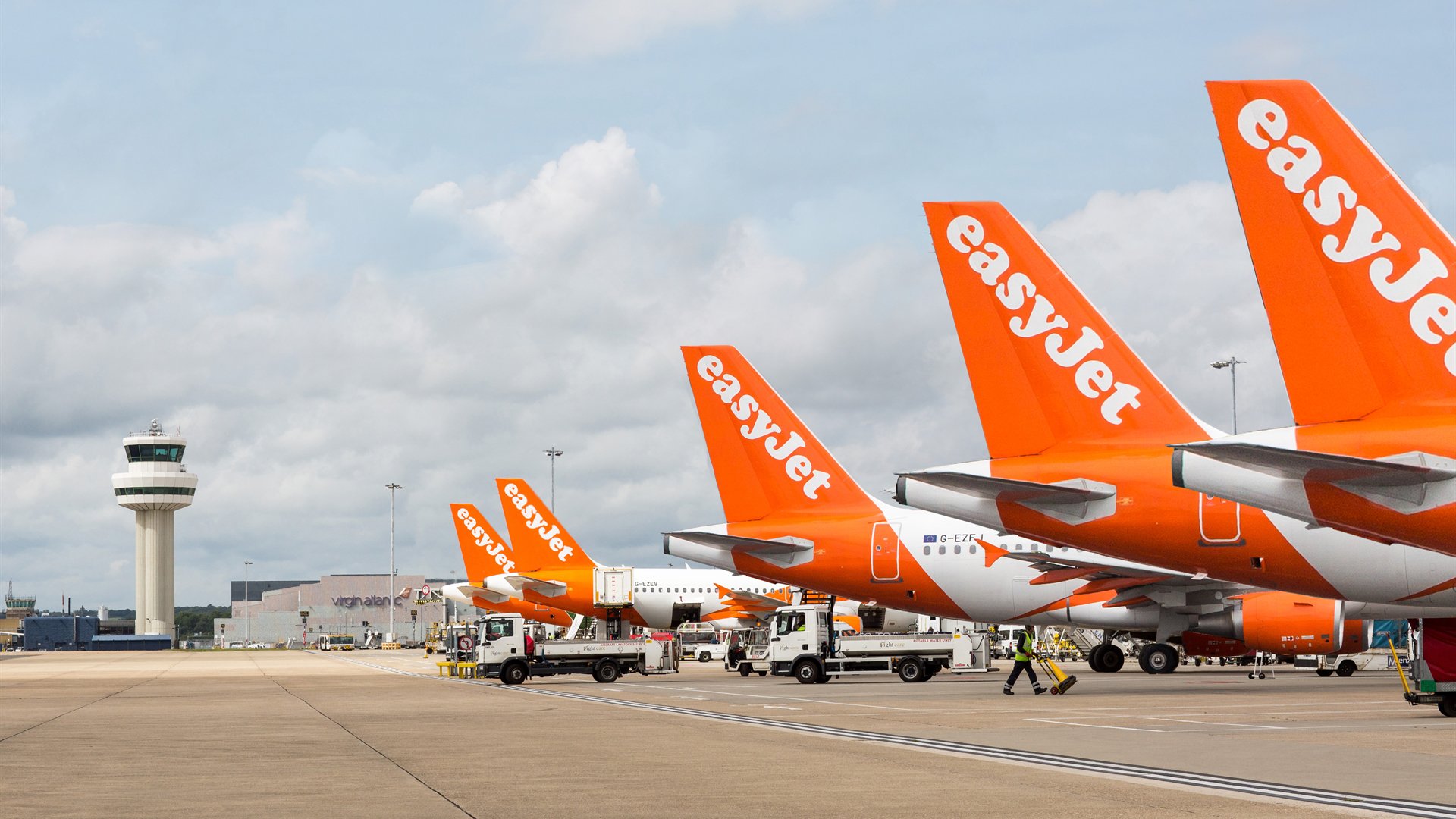
Image source: aviationweek.com
EasyJet's business model is based on efficiency and cost-cutting measures. By keeping operational costs low, the airline can offer competitive ticket prices. One of the key strategies includes using a single aircraft type, the Airbus A320 family, which simplifies maintenance and training. The airline also prioritizes high aircraft utilization, meaning their planes spend more time in the air and less time on the ground. Additionally, EasyJet's online booking system has reduced the need for expensive travel agents, further lowering costs.
- Uses a single aircraft type: Airbus A320 family.
- High aircraft utilization to maximize efficiency.
- Online booking system reduces the need for travel agents.
Expansion Across Europe: Reaching New Destinations
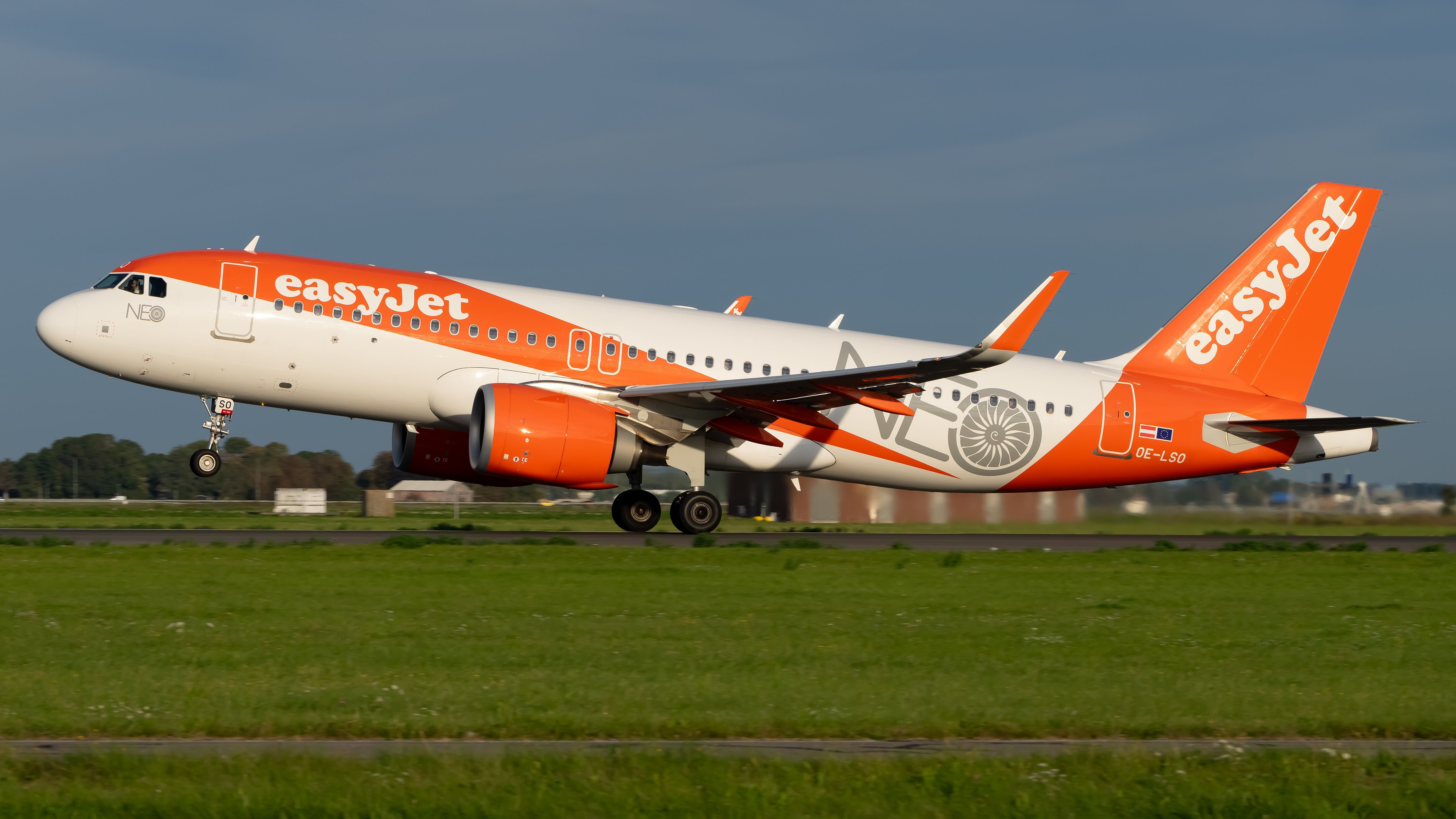
Image source: simpleflyingimages.com
Since its inception, EasyJet has expanded its route network to cover more than 150 destinations across Europe. The airline's growth strategy includes opening bases at major European airports, allowing them to increase their market presence and offer more direct flights. Popular destinations include cities like Paris, Barcelona, and Rome, making EasyJet a preferred choice for both business and leisure travelers. The airline continues to explore new markets, further solidifying its position as one of Europe's leading low-cost carriers.
- Serves over 150 destinations across Europe.
- Bases in major European airports for increased market presence.
- Popular routes include Paris, Barcelona, and Rome.
Environmental Commitment: Flying Towards Sustainability
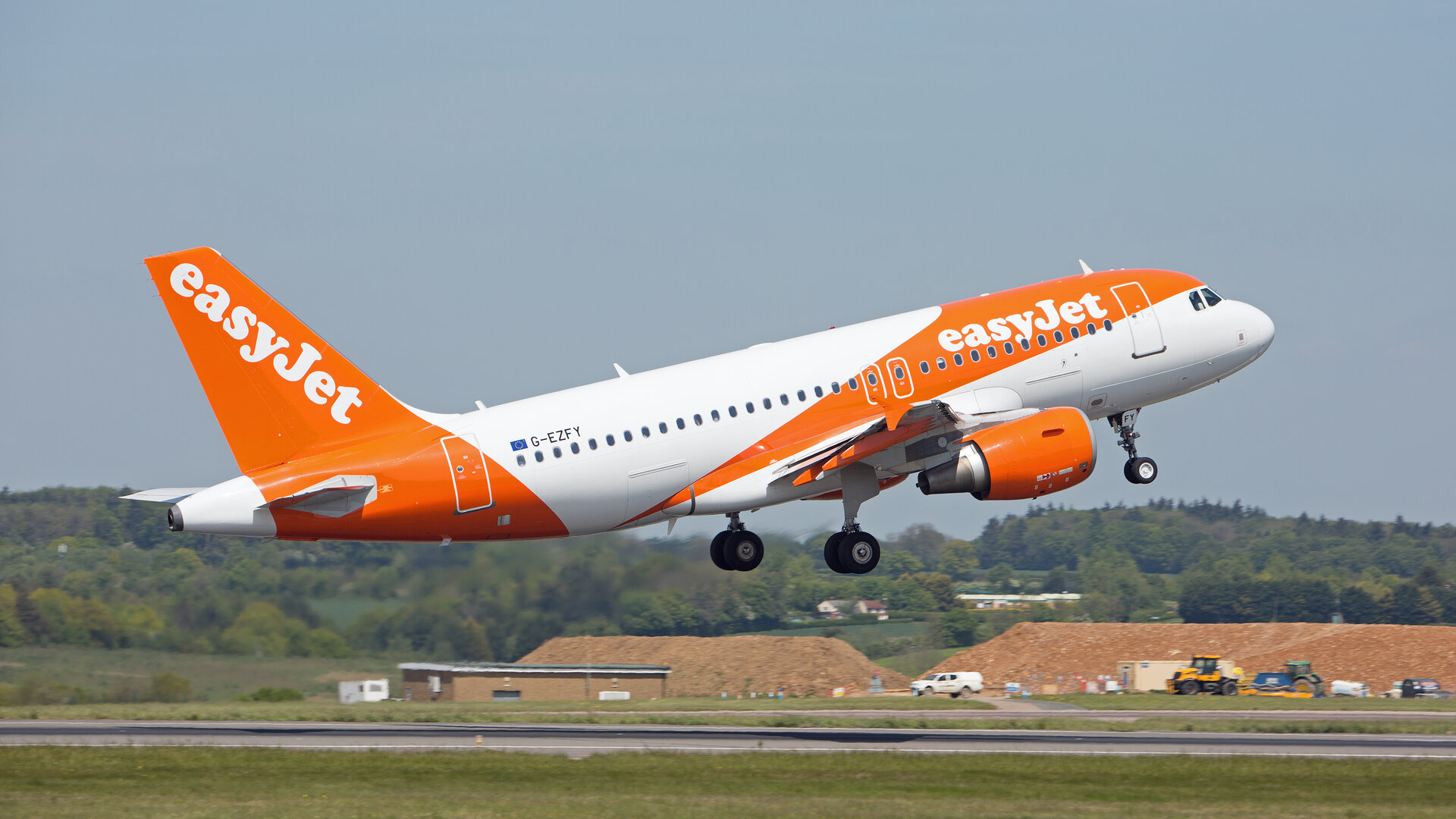
Image source: esa.int
As the aviation industry faces increasing pressure to reduce its carbon footprint, EasyJet has taken significant steps to address environmental concerns. The airline was the first major carrier to offset the carbon emissions from its flights by investing in environmental projects. In addition to carbon offsetting, EasyJet is also exploring the use of electric and hybrid aircraft to further reduce emissions. The company's long-term goal is to achieve net-zero carbon emissions, making air travel more sustainable for future generations.
- First major airline to offset carbon emissions.
- Investing in electric and hybrid aircraft technology.
- Long-term goal: net-zero carbon emissions.
Customer Experience: Balancing Low Costs with Quality Service

Image source: ctfassets.net
Despite being a low-cost carrier, EasyJet places a strong emphasis on customer experience. The airline offers a range of services to enhance the travel experience, such as flexible booking options, additional legroom seats, and in-flight refreshments. EasyJet also prioritizes punctuality, consistently ranking as one of the most on-time airlines in Europe. With a focus on delivering value for money, EasyJet has built a loyal customer base that appreciates both affordability and convenience.
- Offers flexible booking options and additional legroom.
- Prioritizes punctuality and ranks highly for on-time performance.
- Focuses on delivering value for money with quality service.
Technological Innovation: Streamlining the Travel Process

Image source: dataclarity.uk.com
EasyJet has embraced technology to improve the overall travel experience for its passengers. The airline's mobile app allows customers to book flights, check in, and receive real-time updates about their journey. EasyJet was also one of the first airlines to introduce mobile boarding passes, eliminating the need for paper tickets. Additionally, the company uses data analytics to optimize flight schedules and enhance operational efficiency, ensuring that passengers have a smooth and hassle-free experience from booking to arrival.
- EasyJet app: book flights, check in, and receive real-time updates.
- Introduced mobile boarding passes to eliminate paper tickets.
- Utilizes data analytics to optimize flight schedules and operations.
Financial Performance: Navigating Challenges and Opportunities

Image source: travelradar.aero
Over the years, EasyJet has shown resilience in the face of economic challenges, such as fluctuating fuel prices and global financial crises. The COVID-19 pandemic had a significant impact on the airline industry, and EasyJet was no exception. However, the airline adapted by implementing cost-cutting measures and securing government support. As travel restrictions eased, EasyJet saw a steady recovery, with passenger numbers gradually increasing. The company's ability to navigate these challenges has reinforced its position as a leading budget airline in Europe.
- Resilient in the face of economic challenges and crises.
- Adapted to the COVID-19 pandemic with cost-cutting measures.
- Steady recovery as travel restrictions eased.
The Future of EasyJet: Innovations and Expansion Plans
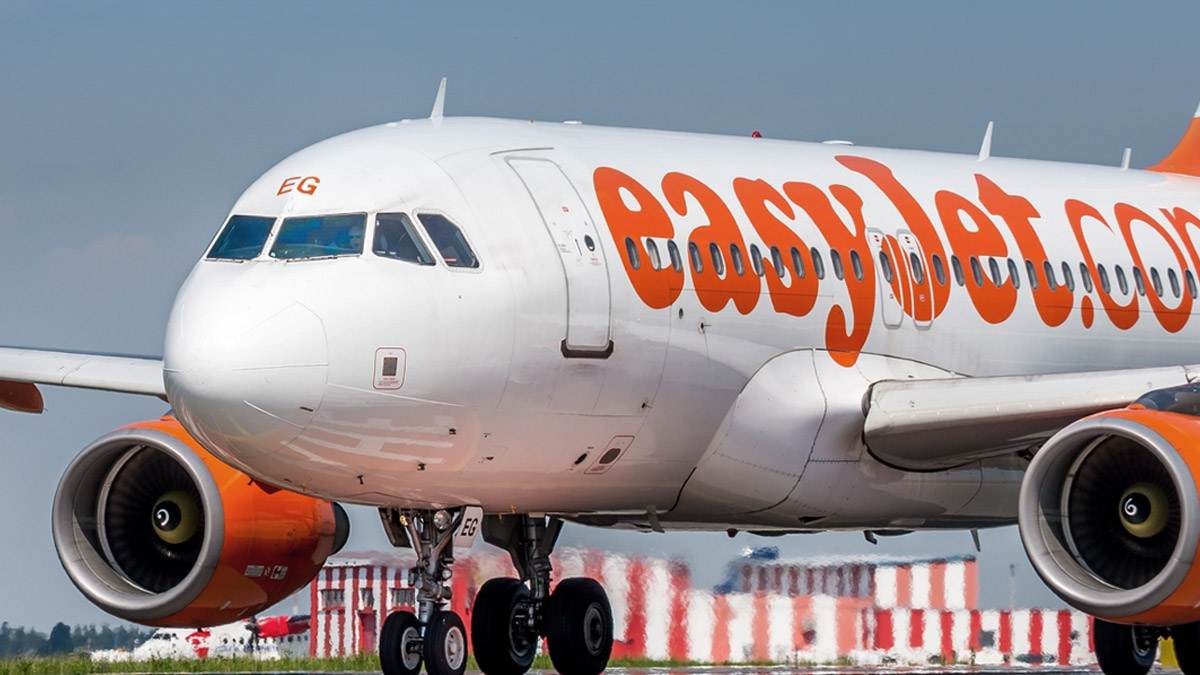
Image source: ftejerez.com
Looking ahead, EasyJet is focused on further expanding its network and investing in innovative technologies to stay ahead in the competitive airline industry. The company is exploring partnerships with other airlines and travel providers to offer a more seamless travel experience. EasyJet is also committed to sustainability, continuing to invest in research and development of eco-friendly technologies. With plans to enter new markets and enhance its services, EasyJet is set to remain a key player in European air travel for years to come.
- Exploring partnerships for a more seamless travel experience.
- Continued investment in sustainability and eco-friendly technologies.
- Plans for expansion and innovation to remain competitive.
Conclusion
EasyJet has come a long way since its inception, revolutionizing air travel in Europe with its low-cost, no-frills approach. From its humble beginnings to becoming one of the largest budget airlines in the world, EasyJet's success is built on efficiency, innovation, and a commitment to customer experience. As the airline continues to adapt to changing market conditions and environmental challenges, it remains focused on delivering affordable and sustainable travel options for millions of passengers across Europe.
FAQ
What is EasyJet's business model?
EasyJet's business model focuses on efficiency and cost-cutting measures, allowing the airline to offer low-cost flights. This includes using a single aircraft type, maximizing aircraft utilization, and reducing the need for travel agents with an online booking system.
How many destinations does EasyJet serve?
EasyJet serves over 150 destinations across Europe, with bases in major airports that allow for increased market presence and more direct flights.
What is EasyJet doing to reduce its environmental impact?
EasyJet was the first major airline to offset carbon emissions from its flights. The company is also investing in electric and hybrid aircraft to further reduce emissions and aims to achieve net-zero carbon emissions in the long term.
How does EasyJet enhance customer experience?
Despite being a low-cost carrier, EasyJet offers services like flexible booking options, additional legroom seats, and in-flight refreshments. The airline also prioritizes punctuality, making it one of the most on-time airlines in Europe.
What challenges has EasyJet faced in recent years?
Like many airlines, EasyJet was impacted by the COVID-19 pandemic. However, the airline adapted with cost-cutting measures and government support, and it has seen a steady recovery as travel restrictions eased.
What are EasyJet's future plans?
EasyJet plans to continue expanding its network and investing in innovative technologies. The airline is also focused on sustainability and is exploring partnerships to offer a more seamless travel experience.

















